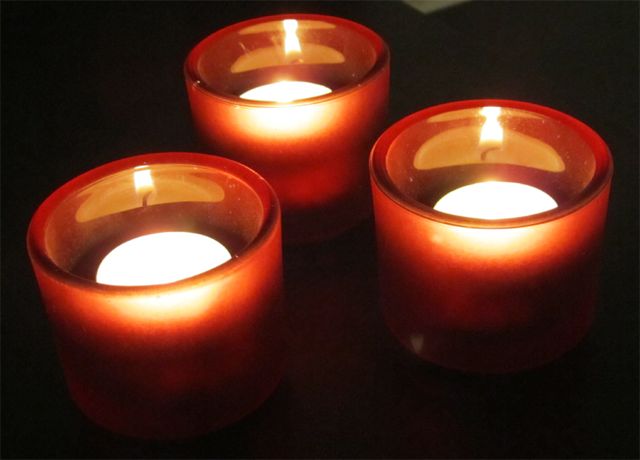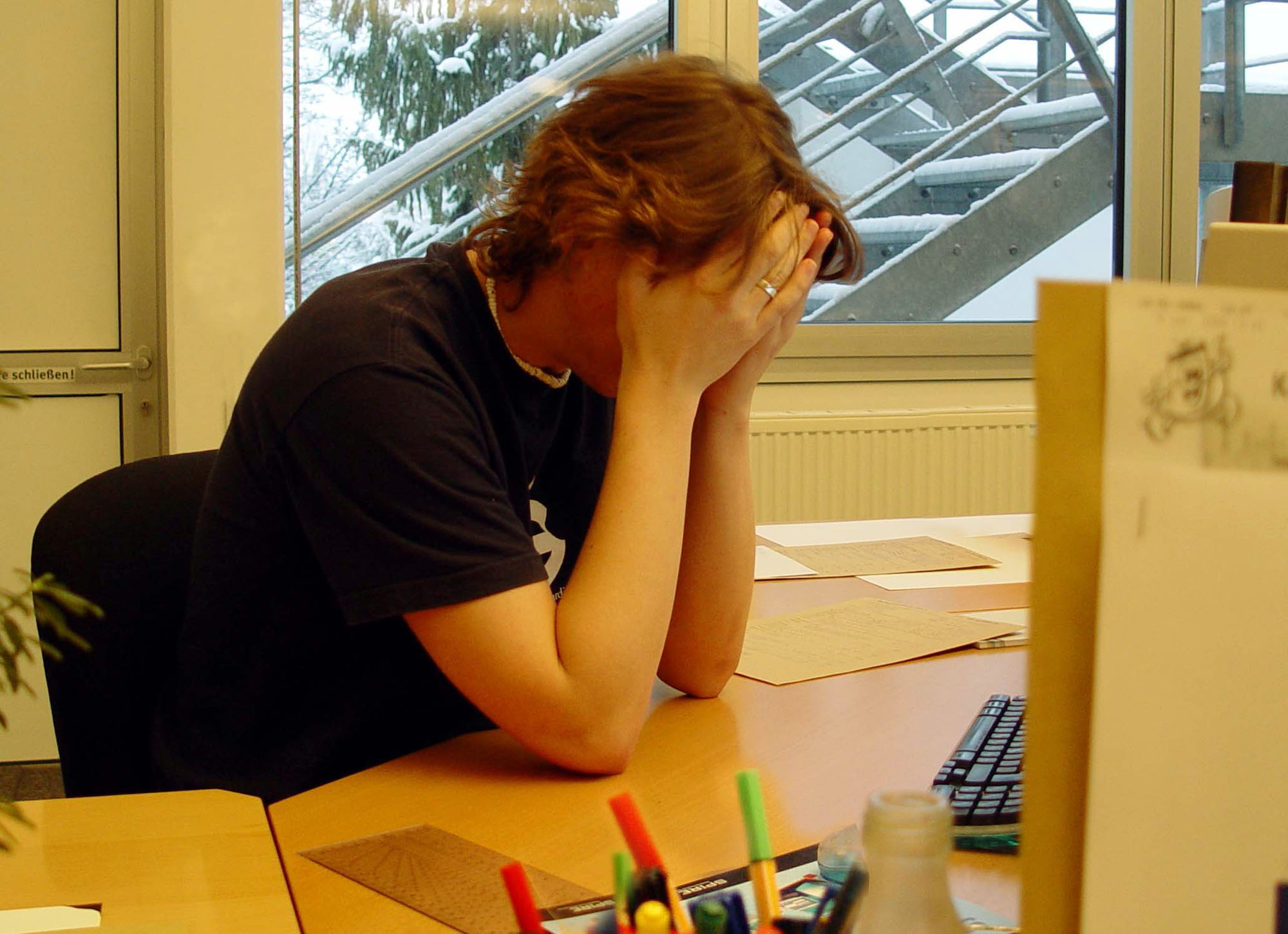Tag: Adjustment
-

Life Coaching in English to Turn Your (Swedish) Life Around
Not adjusting to life in Sweden? Worried about your mental health? Can’t concentrate and think you have ADD or ADHD? Struggling with the winter? Don’t let the darkness, Snökaos (snow chaos) or winter blues drive you to depression. Whether you choose to do it in-person or by webcam, you might just need a few sessions…
-

Therapy for Winter Depression or Seasonal Affective Disorder (SAD) in Stockholm
Depression? Seasonal Affective Disorder? The cold and darkness of Sweden at the end of the year is one of the hardest issues for expats. For those of us from relatively warm countries (take note Aussies and South Africans) and others who have never lived this far north, the Swedish climate can be a real shock.…
-

Adjustment to Life in Sweden and Therapy in English
For most expats, relocating to Sweden means adjusting to a different culture. Reactions associated with the stress, uncertainty and the upheaval of relocation to another culture are very common for those from English speaking countries. These reactions can include experiences of anxiety, withdrawal, low mood, depression and other mental health difficulties. In my therapeutic work…
